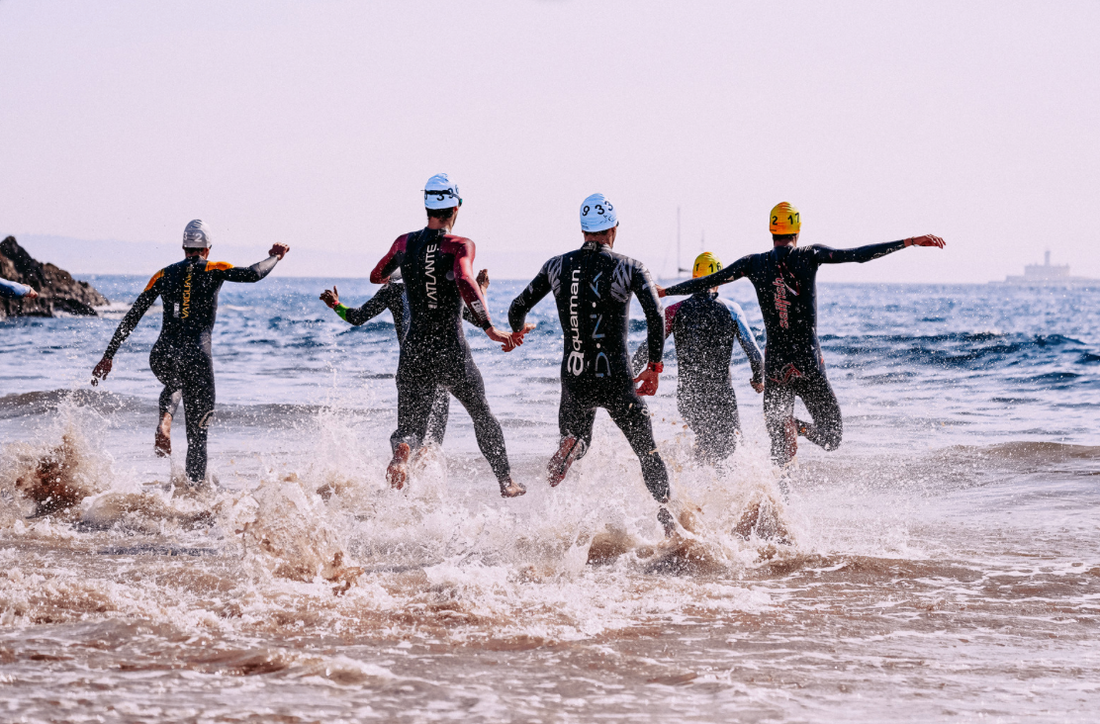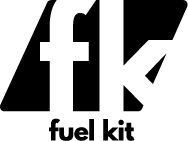
Training vs. Race Day Nutrition?
Share
How Much Should You Eat or Drink for Each?
Your body is your engine- and what you put into it determines how far, fast, and strong you can go. At Fuel Kit, we know that the proper nutrition isn’t just about calories- it’s about strategy. That’s why our team of expert sports dietitians brings you practical tips, science-backed advice, and race-day tricks to help you fuel smarter.
From pre-training meals to in-race gels, hydration strategies, recovery nutrition, and even ready-to-go race kits, Fuel Station is here to guide you every step of the way. Whether you’re gearing up for your first 10K or chasing a new marathon PR, you’ll find the knowledge you need to perform at your best.
Grab a bottle, tear open a gel, and dive in. Your next breakthrough starts with the right fuel.
Ask ten endurance athletes how much they eat and drink during a long run, ride, or triathlon- and you'll likely get ten different answers. On Reddit threads and endurance forums, this is one of the most debated topics. Sports dietitians weigh in too, reminding us that the answer depends on the event, your body, and- most importantly- how much you've practiced your fueling strategy.
Let's break it down.
Training: The Laboratory for Your Gut
Training isn't just about muscles- it's about the digestive system, too. Dietitians often refer to it as "gut training": practice how much fluid and fuel your stomach can tolerate while working hard.
Carbs:
Most athletes start with 30 g of carbohydrate per hour and build up. Elite dietitians often recommend 60-90 g/hr (or more!) for marathons, cycling centuries, and Ironman events- but you can only handle that if you practice.
Fluids:
A common approach is 400-800 ml per hour, adjusted for sweat rate and climate.
Trial Runs:
Reddit athletes frequently share experiences like, "I tasted gels on my long runs and found one brand gave me cramps, another didn't." Others log sweat losses to dial in hydration. Regardless of observation or strategy, one thing is for sure- trialling your nutrition ahead of time pays dividends.
In training, the goal isn't perfect fueling- It's finding what works for you.
Race Day: Execution, Not Experimentation
By race day, your fueling should feel like routine. Community advice is nearly universal:
"Don't try new gels, drinks, or foods mid-race. Stick with what you practiced."
On race day:
Carbs:
Aim for your trained target- often 60 g/hr for runners and 60-90 g/hr for cyclists and triathletes. These targets are changing with new product formulations and athletes pushing the boundaries. Athletes know that consuming optimal carbohydrates on course can result in significant wins, so many are now trying to get higher amounts on board.
Fluids:
Drink enough to replace most, but not all, of the fluid lost through sweating. Over-drinking can be as harmful as under-drinking. Many experts recommend drinking regularly on course, but at each stop, "drinking to thirst".
Timing:
Spread out fueling to avoid gut distress. For most foods, sports gels, or chews, aim to eat every 20-30 minutes. Some athletes prefer to mix their gels with water and add them to a small flask. In this case, sip the gels more often.
Dietitians emphasize balance: too little and you risk the dreaded "bonk," too much and you face stomach distress.
Why Trial Runs Matter
Endurance forums are full of cautionary tales:
- "Took a new sports drink at mile 10 of my half marathon... spent the rest of the race in the porta-potty."
- "Practicing 60 g/hr in training made me confident I could hit that intake on race day without stomach issues."
The takeaway: your stomach needs training as much as your legs.
Quick Tips
- Practice Fueling on long runs/rides- never only on race day.
- Track what sits well, and adjust based on intensity and weather.
- Build gradually toward your target carb/fluid intake.
- Use race-day nutrition you've already tested.
The Bottom Lines
Training is for experimentation; race day is for execution.
Dialling in your nutrition strategy with trial runs ensures your body- and your gut- are ready when it counts. As athletes and dietitians alike remind us: fueling is a skill, not an afterthought.
___________________________________________________________________________________________
Written by: Ashley Leone, RD, MSc, IOC. Dipl. Sport Nutr
Ashley is a sports and performance dietitian and the Founder of Fuel Kit and the Owner of Gazelle Nutrition Lab. Ashley has been a dietitian for over 25 years and holds a Master of Science degree from the University of Toronto, as well as a Diploma in Sports Nutrition from the International Olympic Committee.

